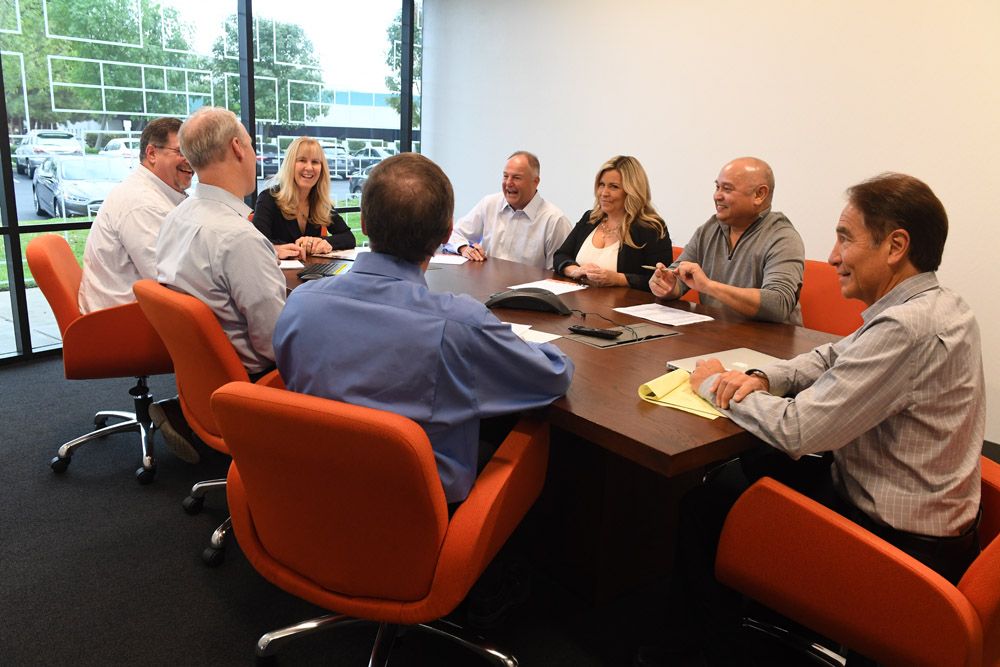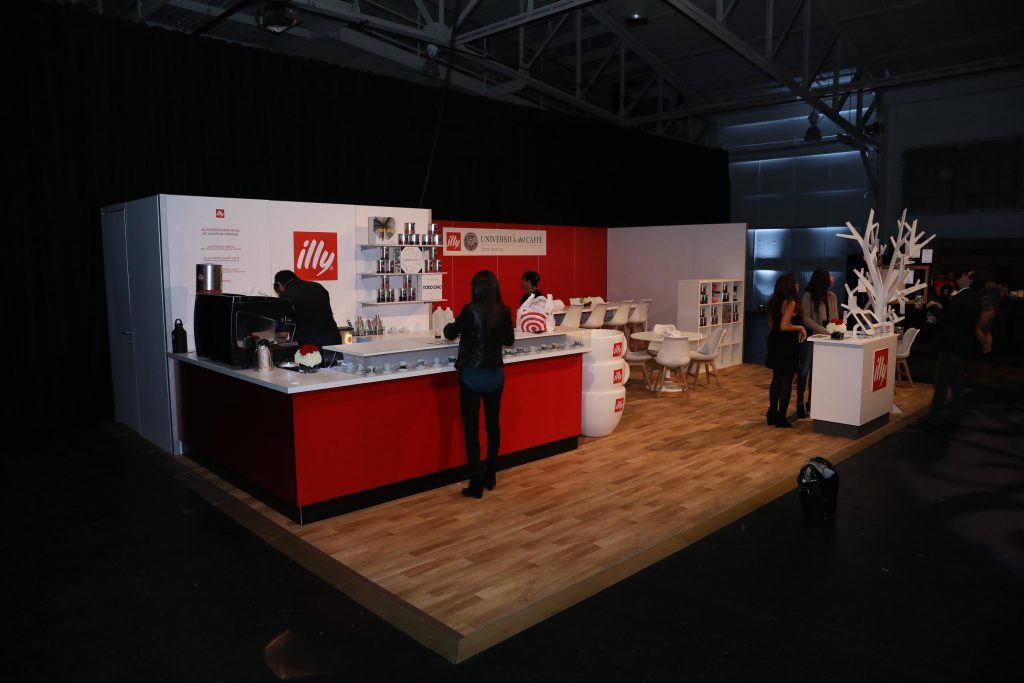For small in-house corporate events, you might be able to get away with doing all the event planning work yourself. But the bigger an event gets, the more likely it is you’ll need more than just you on the event planning team. So who belongs? What roles need to be filled to build an event management team that can get the job done?
Building the Perfect Event Planning Team
No single person can do it all, especially when it comes to event planning. There are several different roles to fill, and each of them requires distinctly different skillsets. Building a full event team means you get to benefit from the experience of everyone on your team. That doesn’t just make your job easier; it makes the event better too.
To build your team, you’ll need to consider two main things:
- The number of team members you’ll have
- The team roles that need to be filled
These things need to be considered together because the specific roles and job descriptions of each individual team member depends partly on the overall size of your team. In a smaller team, each member may have multiple areas to cover. In a large team, each person’s role tends to have a narrower focus. For very large events, each of these roles may be taken on by a subcommittee that includes a leader and one or more additional team members.

Roles of an Event Planning Team
Within any event planning team there are several different roles that need to be fulfilled. In smaller teams, people may double up and take on more than one role. Bigger teams may assign each person a single role. They may even have multiple people sharing the work assigned to a particular part of the event planning process.
Director/Team Leader
In any event management team, whether for a small corporate event or a huge trade show, the team leader is the ultimate decision-maker. They decide on event goals and strategy, they set the theme and vision for the event, and they keep their focus on the big picture. They’re ultimately responsible for the work of every other team member. As such, it’s their job to make sure that every member of the team works in alignment with the goals of the event.
Event Coordinator/Administrator
In this role, the team member is responsible for the day-to-day administrative work involved in planning the event. They’re tasked with understanding the team leader’s vision and organizing the practical details needed to make it a reality. This can include everything from selecting a venue to choosing vendors to setting the agenda and schedule for the event.
The event coordinator may also oversee the day-to-day work of other team members. In a small team, this role might double-up with that of the team leader. In a bigger team, the event coordinator may act as a liaison between the team leader and the rest of the team.
Budgeting/Treasury
This event management role is all about the money. It involves an event budget and allocating financial resources; receiving and making payments; and obtaining funding, like grants or funds from working with sponsors. They must also keep a scrupulously exact record of every financial transaction. Ultimately, they’re responsible for making sure that money keeps flowing in the right directions and that there’s money to pay for services and goods as and when needed.
On-Site/Venue Coordinator
The on-site coordinator is the go-to contact for the event venue and any matters relating specifically to the venue. This might include:
- Vendors
- Exhibitors
- On-site staff and volunteers
- Security and risk management
- Sponsored booths and content
- Site setup
They’ll also coordinate with other team members to ensure the event itself proceeds according to plan.
Event Marketing and Communications
In the event marketing role, team members are responsible for developing the event marketing campaign and the event brand. They must:
- Make sure the right audience demographics are targeted
- Develop marketing campaigns for social media
- Act as media liaison to develop media relationships
- Distribute press kits and releases
- Implement registration-boosting promotions
They’ll also work with the creative team to ensure event branding and messaging is consistent and cohesive across the entire event.
Creative and Design
The design team are responsible for the visual aspects of the event. Depending on the event, this might include everything from the event website and app to printed schedules and marketing materials to event signage and event-branded swag. They must ensure that the visual theme of the event is expressed consistently. They’ll work closely with the marketing team to make sure it’s cohesive across the event’s marketing campaigns too.
Technical Director
You may not need a technical director for smaller live events, but for larger events—especially virtual and hybrid events—this is an essential role. Your technical director is the person who oversees the A/V side of things, including lighting and sound for live venues and livestreaming and recording for virtual and hybrid content.

Who’s On Your Event Planning Dream Team?
Building a strong event planning team is all about picking the right people for the job. Choose team members whose strengths match up with the requirements of the role. And make sure all of your team members are people who work well together. Teamwork is an essential part of successful event planning, and your event planning team should first and foremost include people who can communicate and collaborate effectively.
The team at ProGlobalEvents has been working together for years, planning epic meetings, conferences, and conventions that meet all our clients’ needs. Want to bypass the work of putting together your own event planning team? We can step in exactly where you need us.









